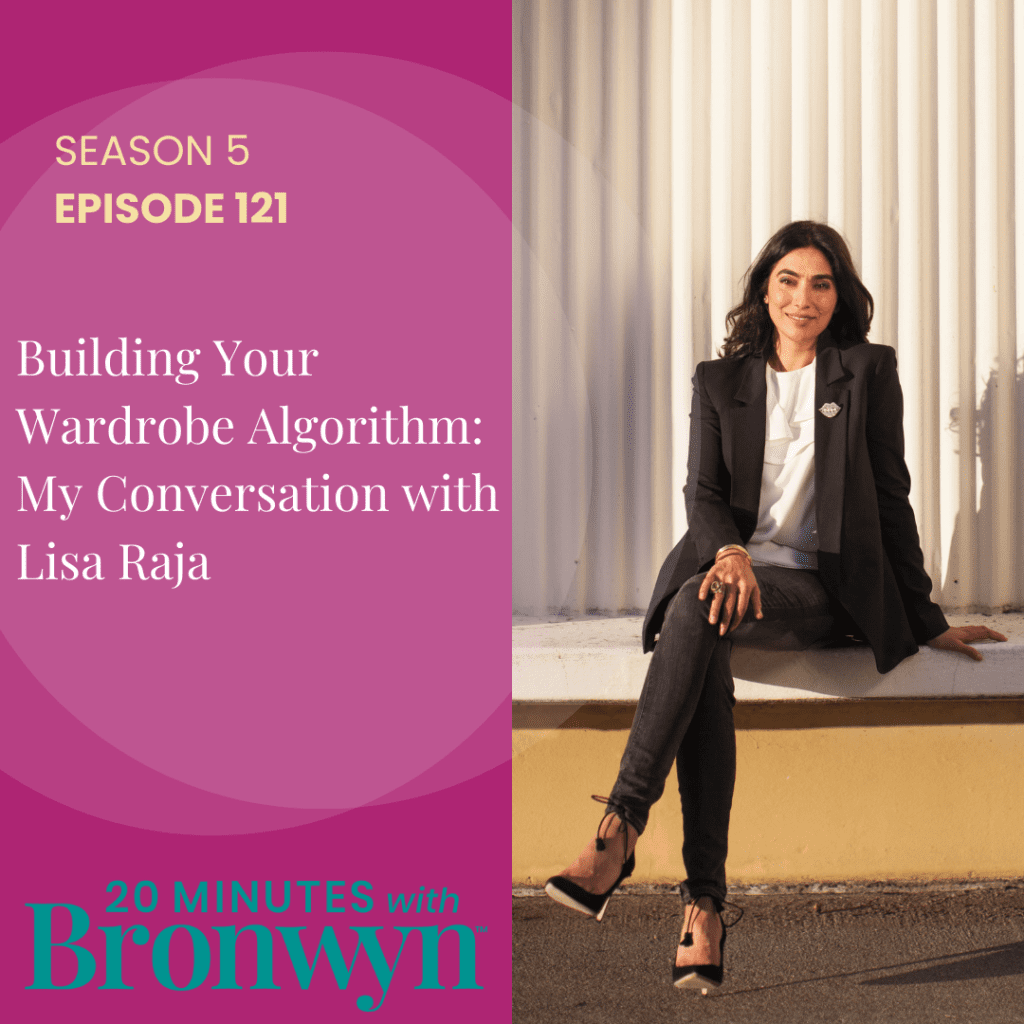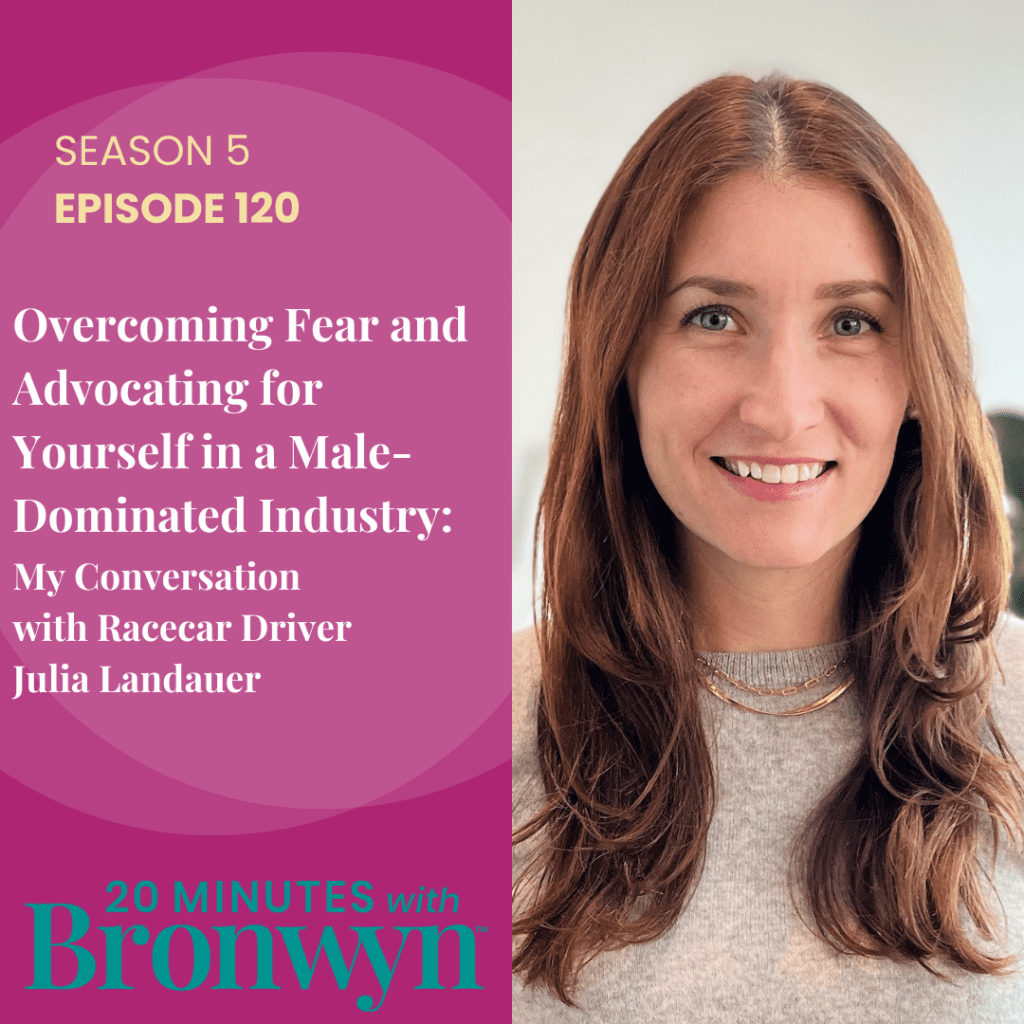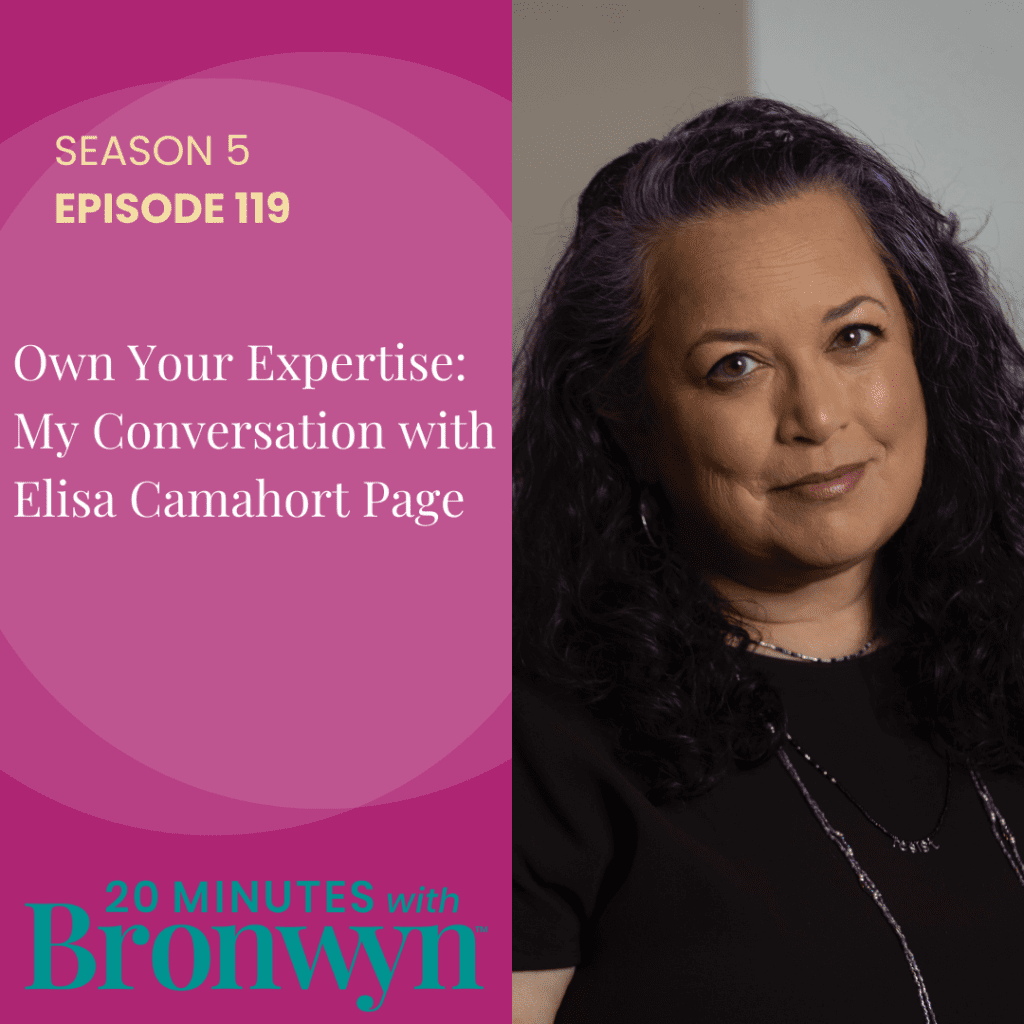Recently I was at a women’s gathering (that shall remain nameless to protect the innocent), where we watched a 15 minute video clip on “power and the art of persuasion,” taught by a very accomplished communications expert. Naturally I was pretty excited to see the video and hear someone else’s take on the subject, since I have a similar workshop.
After a few minutes of watching the video I was baffled.

Here’s a sample of the advice she gave:
- If you are already the highest ranking executive in the room, interrupt others when they are presenting or talking. Even if you have nothing to say, make something up—the point is to disrupt their presentation and chain of thought and thereby show your superiority. And just to be sure EVERYONE in the room notices your powerplay, she also recommends checking your cell phone while that other, more junior person (or someone you wish to relegate a lower rank) responds to your question.
She then turned to advice for lower ranking executives—with another set of complicated recommendations for shifting the power dynamics in their favor.
It sounded exhausting to me, and frankly, outrageous.
Winning In A Man’s World?
If our goal as women is to step into the ring and fight for our right to party in a “man’s world,” then we must learn the best fighting techniques available. And those techniques she mentioned qualify—if you believe you have to fight dirty to survive in a man’s world.
The problem here isn’t just the techniques. The problem is the game itself. True power lies not in the Total Knock-Out, but in stepping out of the ring.
One of the most fundamental communication strategies I work on with clients is the notion of letting EQUALITY be the driving force in their interactions in the workplace. Sure, there are differences in title, in hierarchy… But these are not existential differences between us as human beings. They are not differences in our fundamental worthiness, value, or capacity for creativity.
Why do I teach this? Why would a notion of equality be so fundamental to strong communication skills?
How does your voicechange when you feel superior to a person? To an audience? Your presentation of self can be interpreted as arrogant, or abrasive, or even worse – dismissive. Superiority has other costs as well. If you perceived someone as beneath you, you will not listen as carefully to what they have to say. You are also less likely to ask for feedback. In effect, you gather less data from your audience, because you don’t think they have anything valuable for you. Less data = less accurate perspective-taking. And that often leads to bad outcomes and situational blindness.
If an audience senses that you feel superior to them (and believe me, audiences sniff this out instantly), are they really going to follow you?
Let’s take it from the other perspective.
How does your voice change when you feel inferior to someone? Your voice becomes less strong— you sound less clear and less certain of yourself. You might not raise your hand to ask a question, or share your ideas or insights. You won’t make as much eye contact with your colleague or your audience. Your facial expression and body language will flash “You are the alpha! I’m just a beta!” And as Dr Phil would say, “how’s that workin’ for ya?” How easy is it for a manager to promote someone that has a hard time speaking up in? How quickly can someone rise through the ranks who struggles with expressing themselves when they have a dissenting view? See what I mean?
Now, try on equality for size. If you’ve ever taken a yoga class, it always ends with a “namaste.” The definition in Hindu is “I bow to the divine in you.” For my work, I like to translate this concept into “I bow to our mutual humanity and worthiness.” I don’t mean literally to namaste during meetings. But I do believe it is a mental ritual that bears good fruit.
When we are grounded in our own worthiness, and we recognize and honor the worthiness of another person, we communicate better, across every possible metric. Speaking Anxiety? It gets easier when you believe in your own worthiness and the worthiness of the people in the room (imagining them in their underwear sort of undermines this doesn’t it?). Authenticity? Check. When we feel secure in ourselves and in what we are here to do, we are less stingy with our personality. I could go on for hours about this, but I’ll get to the point.
If we want to develop our power and influence as women, we need to worry less about jockeying for alpha status and begin to look at the world – and our place in it – through a different lens.
Oprah Winfrey once said, “Authentic Power is when purpose aligns with personality to serve a greater good.”
If you are craving real power, figure out what your purpose is in this meeting/presentation/press opportunity, charge it with your authenticity, and then make sure it is in alignment with something bigger than you. Something that aligns with a greater mission within the company – or better yet, THE mission of the company.
Then pour your energy, your joy and your creativity into that purpose, and communicate from this place.
That’s real power. Feels good doesn’t it?















